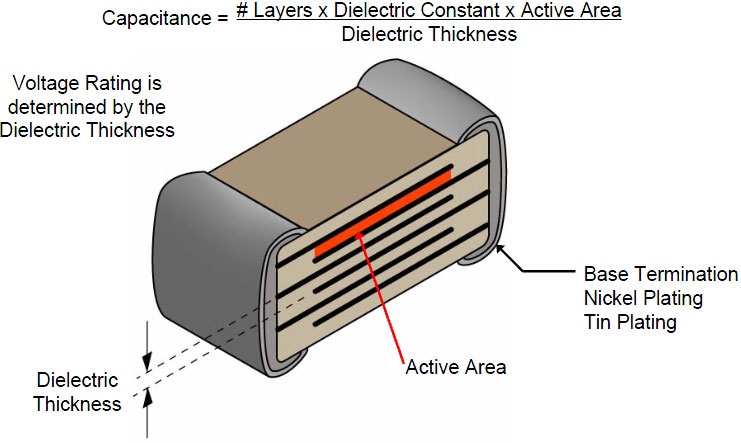I accidentally scratched a small resistor or something on the motherboard and I'm worried that all of a sudden the motherboard will stop working, I didn't actually "scratch" per se more like I hit it a bit while trying to screw something into the motherboard.
I'm talking about one of these brown thingies: https://c2.peakpx.com/wallpaper/786/451/696/transistors-gpu-processor-pc-chip-wallpaper-preview.jpg
Does anyone have any idea how dangerous this is? How durable one of those things are?
Thanks
I'm talking about one of these brown thingies: https://c2.peakpx.com/wallpaper/786/451/696/transistors-gpu-processor-pc-chip-wallpaper-preview.jpg
Does anyone have any idea how dangerous this is? How durable one of those things are?
Thanks


